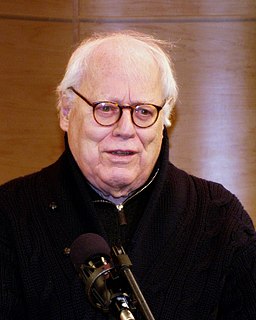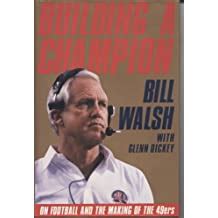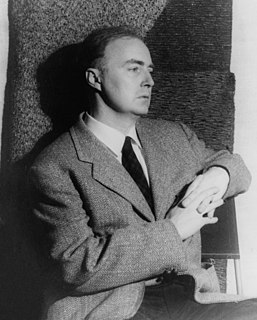Цитата Барри Эйслера
Издатели бумажных книг делают все возможное, чтобы замедлить переход к электронным книгам, потому что в цифровом мире высокая маржа бумажных издателей в твердом переплете практически исчезает.
Связанные цитаты
Традиционные издатели будут доминировать, и так и должно быть, потому что они действительно гарантируют качество. Но электронные книги, которые уже огромны, затмят все. Они спасут традиционное издательское дело так же, как DVD спасли киностудии (на какое-то время), и значительно расширят круг читателей.




































